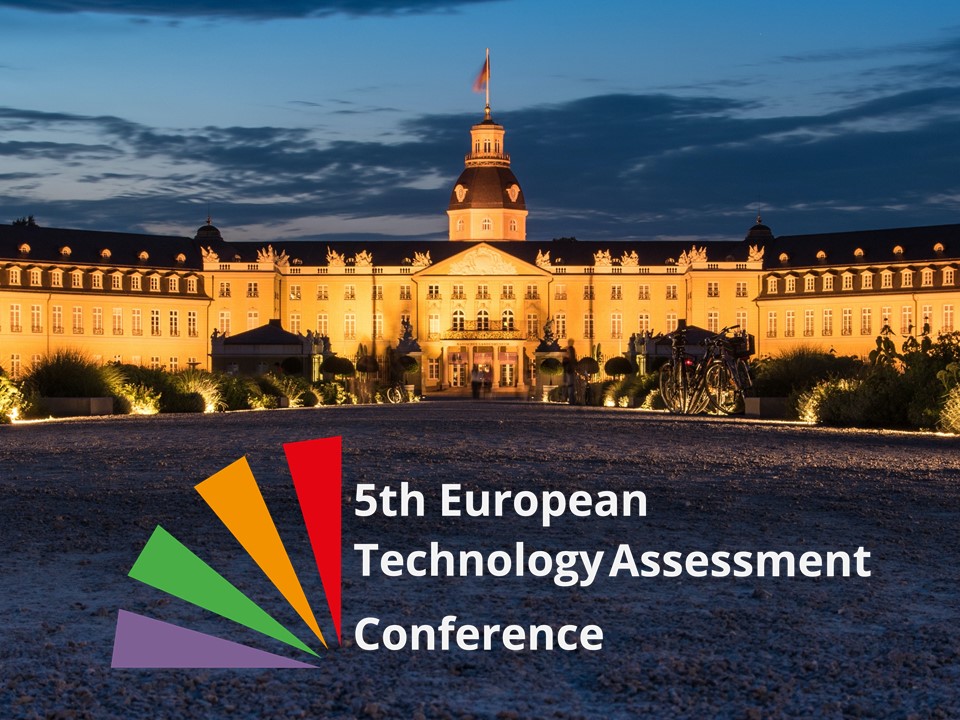Call for abstracts: European TA conference “Digital Future(s)”
With the global COVID-19 pandemic accelerating digital transformation processes in many areas of life, the world is currently experiencing fundamental changes. Existing or potential impacts of digital technologies within societies and socio-technical systems (such as power grids, medical treatments, mobility, logistics, and production) and on individuals are at the heart of the 5th European TA conference “Digital Future(s): TA in and for a changing world.” The conference will be held from 20 to 23 March 2022 in Karlsruhe (Germany).
The organizers of the conference encourage interdisciplinary
- contributions from the TA community on both theoretical approaches to digital transformations and case studies from applied fields,
- reflections on societal challenges of digital technologies focusing on the policy, institutional, organizational, and/or technological level,
- contributions addressing innovative methods of (digital) participation,
- as well as contributions on TA methods for assessing digital transformations.
The organization team is particularly looking forward to receiving submissions from non-European countries.
The call for abstracts is open until 15 June 2021.
The Karlsruhe conference is part of a series of conferences and continues the tradition of four international TA conferences held in Prague (2013), Berlin (2015), Cork (2017), and Bratislava (2019).
The 5th European TA conference is organized by ITAS in the framework of the globalTA network and in collaboration with the Austrian Institute of Technology Assessment, the Technology Centre of the Czech Academy of Sciences, the Slovak Academy of Sciences, and the Indian Institute of Science. (04.05.2021)
Further information
- Website of the 5th European Technology Assessment Conference


